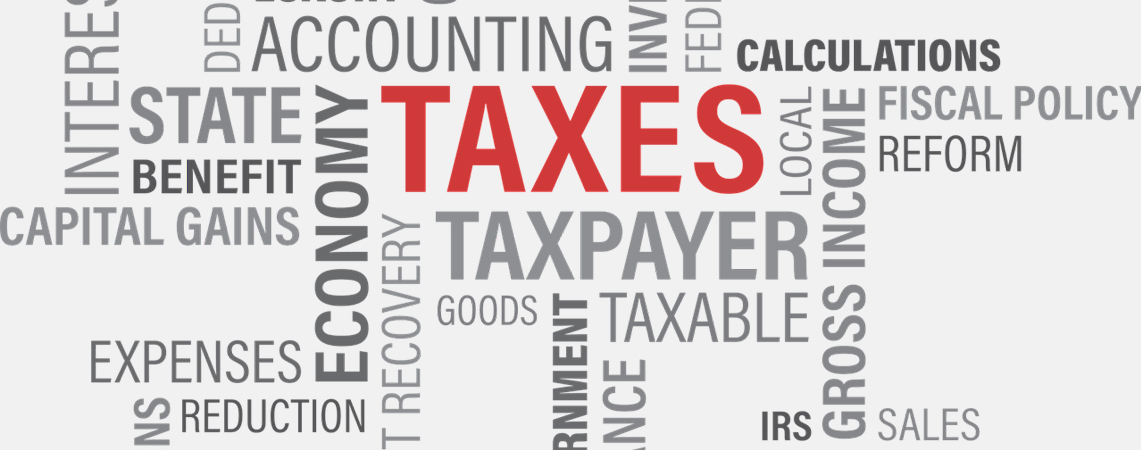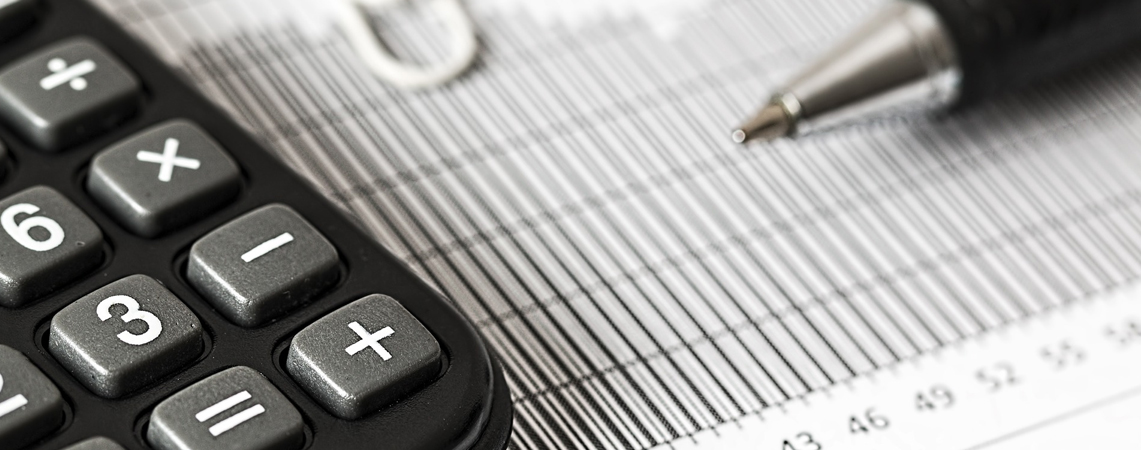With Theresa May making good on her vow to crack down on tax avoidance and evasion during her Conservative leadership campaign in July, tax avoidance has become a hot topic over the last few months – and some have questioned why. Tax avoidance is the use of legal methods to arrange one’s financial affairs to minimise the amount of income tax due – and, as the definition implies, it is and always has been perfectly legal. Using an ISA, for example, is a perfectly legitimate and indeed government-backed method of reducing your tax – but of late, the lines between tax avoidance and tax evasion (the illegal non- or under-payment of tax) are being blurred. The new Prime Minister is turning her attention to individuals and businesses alike – and the message, it appears, is that the tax avoidance party, outside of strictly delineated government approved methods, may be coming to an end.
Theresa May’s predecessor was famously criticised for his own use of tax avoidance measures, which could explain the new PM’s determination to distinguish her economic policies from previous party members. Yet not everyone is happy about the new measures – they’ve been criticised for being unclear, with Dan Neidle, a tax partner at Clifford Chance, being quoted as advising that we might be expected to follow the “spirit” of tax legislation, not just the letter of the law – which can be difficult if you’re no longer certain what the spirit of the law is. It’s more important than ever that you consult with a reputable Accountant, such as DUA to ensure that your tax affairs stand up to scrutiny – because if the government doesn’t agree with how you’ve arrived at your figure, you could find yourself punished with more than just a slap on the wrist.
Moreover, those who have been relying on less scrupulous advisors may find their options are soon to be limited – the new avoidance measures plan to levy heavy fines against advisors and accountants who advocate illegitimate tax avoidance measures. A fine of up to 100% of the tax avoided has been proposed as a levy in a new consultation document, aiming to “root out” tax avoidance at the source. So if you’re looking to minimise your tax liability, don’t get seduced by dodgy schemes and techniques that promise large savings, but fall outside the law – the chances are, if these are being offered to you, you’ve fallen foul of an unscrupulous and poorly qualified advisor.

It’s important to remember that as intimidating as these revisions may seem, the government is not trying to crack down on legitimate ways of reducing tax bills, such as the use of ISAs andtax breaks on pensions or charitable donations. Therefore, it is still legal to organize your affairs in a tax-efficient manner – and reputable, experienced accountants such as DUA. can help you to do this, without falling foul of the law. It’s especially important to be mindful of how you complete your income tax forms in times of increased scrutiny, as tax law can be so complex that it’s easy to make some simple mistakes – so get in touch with DUA. today, and let us take the stressful burden of income tax returns off your hands.


